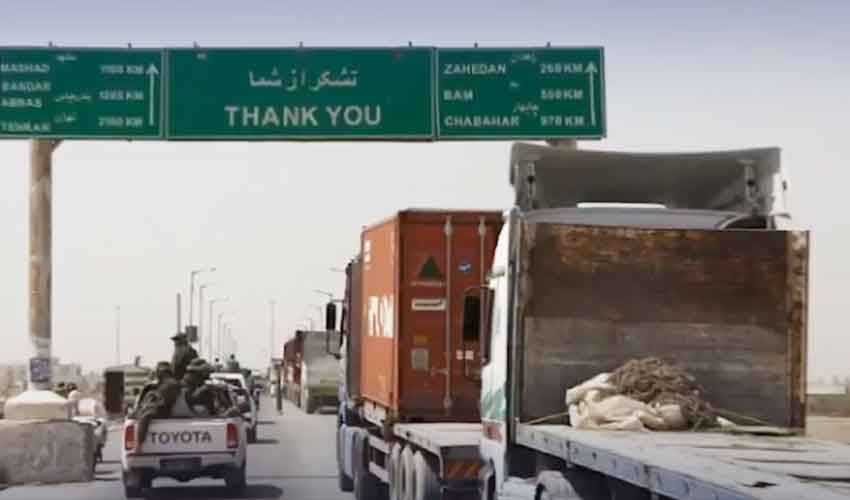Pakistan has made crucial progress in its border security initiatives, with authorities announcing that over 98% of fencing along the Pakistan-Afghanistan border has been completed. The extensive effort, part of the Western Border Management Regime, aims to enhance regional stability and curb illegal cross-border activities.
The project, which spans challenging terrains including mountainous areas, reflects Pakistan’s commitment to safeguarding its western frontiers. Additionally, 91% of fencing along the Pakistan-Iran border has also been finished, covering a total of approximately 3,217 kilometers.
To counter unauthorized movements and bolster security, the government has prioritized the construction of fortified structures. Nearly 92% of forts along the Pakistan-Afghanistan border and 40% on the Pakistan-Iran border are complete, with remaining work progressing rapidly.
The initiative has not come without sacrifices. Several security personnel have lost their lives during cross-border firing incidents while securing the region. Despite these challenges, authorities remain resolute in completing the project.
As part of broader border management efforts, Pakistan has cleared over 72% of tribal areas from landmines and unexploded ordinances. This operation has recovered numerous hazardous items, ensuring safer environments for local communities.
The government has also intensified crackdowns on smuggling, electricity theft, drug trafficking, and hoarding. These operations, conducted with support from Pakistan’s armed forces, have significantly reduced illegal activities. The implementation of the "One Document Regime" has further decreased unauthorized border crossings, encouraging a notable rise in legal passport usage.
In another move to regulate population dynamics, Pakistan has facilitated the repatriation of 815,000 undocumented Afghan nationals since September 2023. Officials state that this process aligns with broader efforts to maintain law and order within the country.
With border fencing nearing completion, authorities believe these measures will contribute to strengthening national security, fostering peace, and ensuring the safety of citizens and neighboring regions.



























